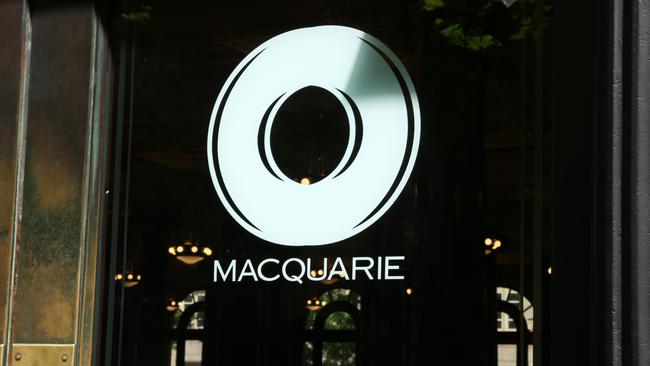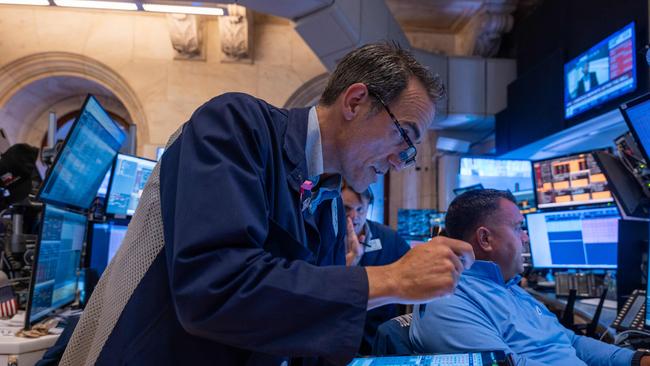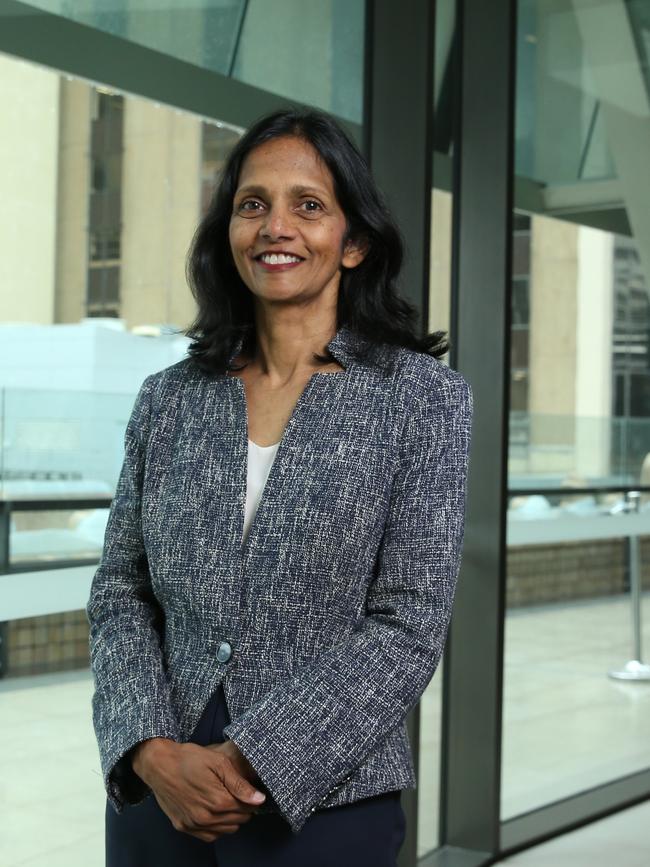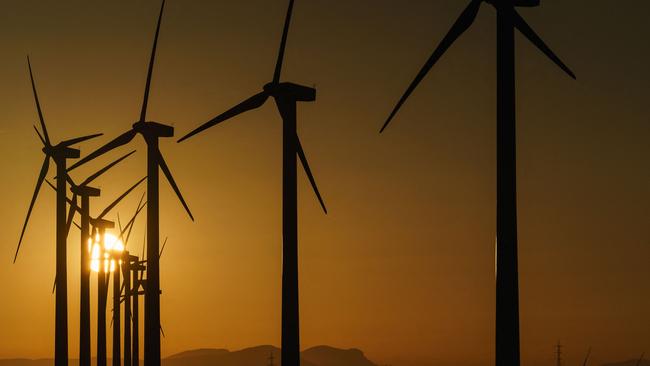Why Macquarie doesn’t want to be just another Goldman Sachs
Wall Street rivals have been delivering bumper quarterly results, where Macquarie has not. But CEO Shemara Wikramanayake is eyeing a bigger prize.

A week from now, Shemara Wikramanayake's Macquarie Group moves into the giant new headquarters it’s been building next door. The 39-story tower comes with its own metro station and takes up almost a whole city block smack bang in the middle of Sydney.
The scale of the project reflects a Macquarie brimming with long-term confidence, even with global markets looking shaky and the global fight on inflation still not over.

Macquarie too, which as positioned itself as the go-to bank to finance and oversee green energy projects around the world, is not fazed by the prospect of Donald Trump returning to the White House and pushing through a policy program that could be hostile to its green business model.
There might be short-term bumps in the road in green energy, but Wikramanayake is placing a multi-decade bet on the investment potential. Hence, the confidence around the new global HQ.
The challenge that Macquarie is increasingly finding is how to smooth out the short-term swings of financial returns as it builds a business around developing, funding, managing and selling large-scale renewable energy projects.
Not easy being green
Markets tend to mark down volatility, and in Macquarie’s case it has found in the past that smooth, predicable earnings growth goes a long way to delivering a share price premium. In recent years Macquarie has skewed towards more volatile trading results.
The lumpy nature of the green earnings has come through again as it is expected to offload several projects this coming financial year to support an earnings lift whereas last year’s profits were weighed down with several wind projects on its balance sheet.
Wikramanayake says this all comes down to a timing issue, as the assets weren’t ready to be sold until now. And that coincided with a more subdued market for green projects, as prices had come off sharply.

With the world now flooded with wind and solar projects where the financial returns for sponsors are less attractive, expect to see Macquarie become more active on green energy storage and firming such as big batteries as well as frontier green tech.
Macquarie too is looking at all parts of the green chain beyond energy, such as transport, agriculture and industrial production.
“The big thing we’re trying to achieve is solutions in each of those areas that allow us to transition, at scale, to low emissions alternatives,” the Macquarie boss says.
Without naming Trump she acknowledges the next US administration “may have some impact” on her business, but adds Macquarie’s approach is to “work” with all governments.
Wall Street rivals
For Macquarie there’s often an easy comparison that the homegrown bank rises and falls in line with its Wall Street rivals like Goldman Sachs, Morgan Stanley or Bank of America – the former Merrill Lynch franchise.
But Wikramanayake doesn’t want to build a trading and M&A bank.
The key differences between those businesses and her own, means that Macquarie is not a stock market animal like those investment banks.
This means it may miss the upside of the peaks of a market’s boom, but that gives Macquarie some downside protection to keep generating income when things go bad, like Wall Street’s tech sell-off through its Wednesday session.
Its US bank rivals have been delivering bumper first quarterly results in recent weeks, where Macquarie has not.

Although much of this has been through debt market issuance and corporate clients locking in refinancing as interest rates futures were falling.
While a recovery in equity market trading, with the Dow Jones and Nasdaq hitting record highs in the past quarter, has boosted the Goldmans of the world, Macquarie is less exposed to debt and equity in the US.
Capital markets activity hasn’t yet translated to mergers and acquisition recover which are the big earners for all investment banks, including Macquarie. That means Macquarie’s first quarter results were flat on the same time last year and on Thursday Wikramanayake gave a trademark cautious outlook.
Macquarie’s shares were down more than 4 per cent early Thursday. Wikramanayake says Australia, which is a third of its business, is still some way behind the US in terms of capital markets recovery, with clients here remaining cautious.
In the US, Macquarie is building a broader franchise. As well as green energy, it has positioned itself around commodities trading, infrastructure and asset management, as well as buying and selling big ticket assets.
It booms when big investors are prepared to buy into its assets, and its challenge is to keep sourcing and delivering.
johnstone@theaustralian.com.au






To join the conversation, please log in. Don't have an account? Register
Join the conversation, you are commenting as Logout